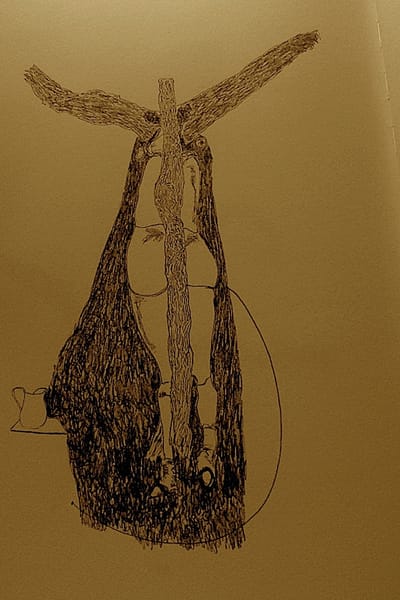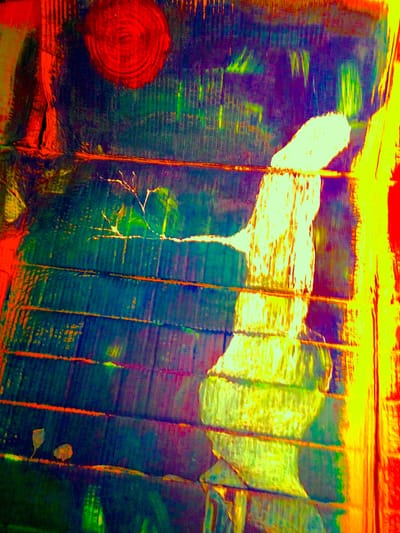Articles #Wittgenstein
Sartre wondered too whether we could without paradox be said to repress feelings out of awareness – since it’s only if we know what they are that we can know we don’t want to have them! As these traditions have developed it, we do better to think of knowing ourselves not as a matter of a recovered inner cognition of this inner domain, a perception voiced in reports of our judgments about what we’ve found within, but instead as involving the recovery of our expressive lives– i.e. as involving the ability not to speak about, but to speak from, our feelings and wishes. Continuing the End Times series, Richard Marshall interviews Richard T. Gipps
Read MoreWhen you start looking closely at the conditions which made possible the emergence of early analytic philosophy in Cambridge in the late 1890s, you find great variety and a host of influences at work—from engagement with the great dead philosophers, other philosophical schools in England, Scotland and further afield from the continent, and other disciplines as well, including mathematics, the natural sciences and classics. Early analytic philosophy was an interdisciplinary and Pan-European achievement. I think that Russell and Moore’s intellectual stature didn’t consist solely in their intrinsic brilliance, although they had that too, but in their capacity to channel these forces even for a while. And we can say something similar about the Polish School and the Vienna Circle which succeeded Moore and Russell at the forefront of developments in analytic philosophy. Continuing the End Times series, Richard Marshall interviews Fraser MacBride
Read MoreThat the book is called Analytic Islamic Philosophy is a political statement. I am re-appropriating, and owning, the slur that it is to be called an ‘analytic’ so-and so. I have found scholarship in Islamic philosophy to have hitherto been overly geared towards philology and textual exegesis. The gatekeepers to that sub-discipline have made it the case that one has to get into, and show the credentials of being capable of grasping, the minutiae of issues concerning translations, for example, in order to be allowed to have a voice. I think this is partly responsible then for the exclusion of Islamic philosophy from the curriculum in modern UK and US philosophy departments – philosophers, qua philosophers, are deemed not to be allowed to say anything about it. Continuing the End Times series, Richard Marshall interviews Anthony Booth
Read MorePhilosophy is not an empirical subject and does not address empirical questions (or at least, when it does, it makes a mistake). It also is not a purely formal subject, in that it does not involve exclusively and explicitly rule-governed reasoning from a set of axioms to some number of derived statements or theorems. Intuitions, speculations, common sense, and ordinary language play a significant role and rightly so. Continuing the End Times series, Richard Marshall interviews Daniel A. Kaufman
Read More


